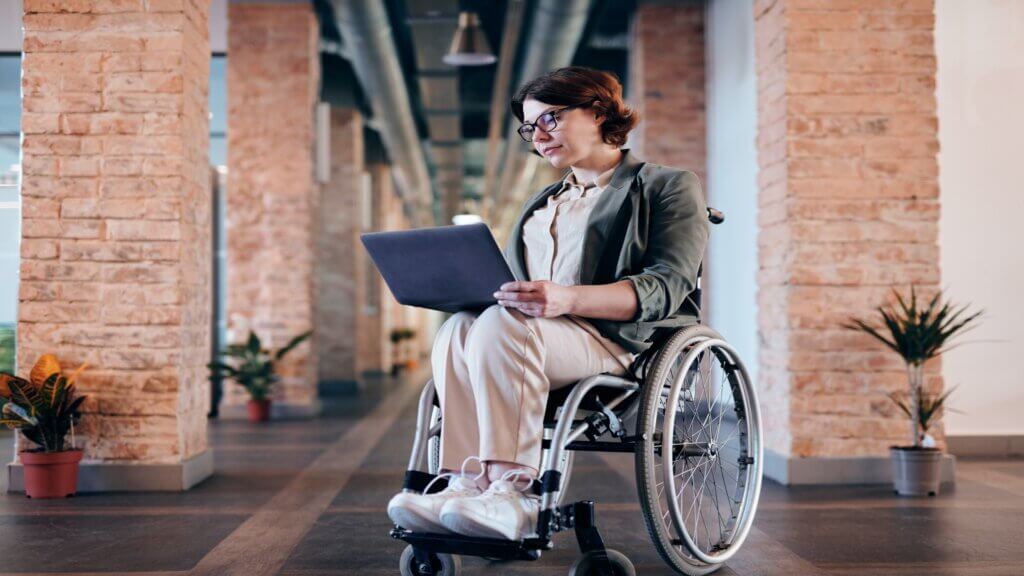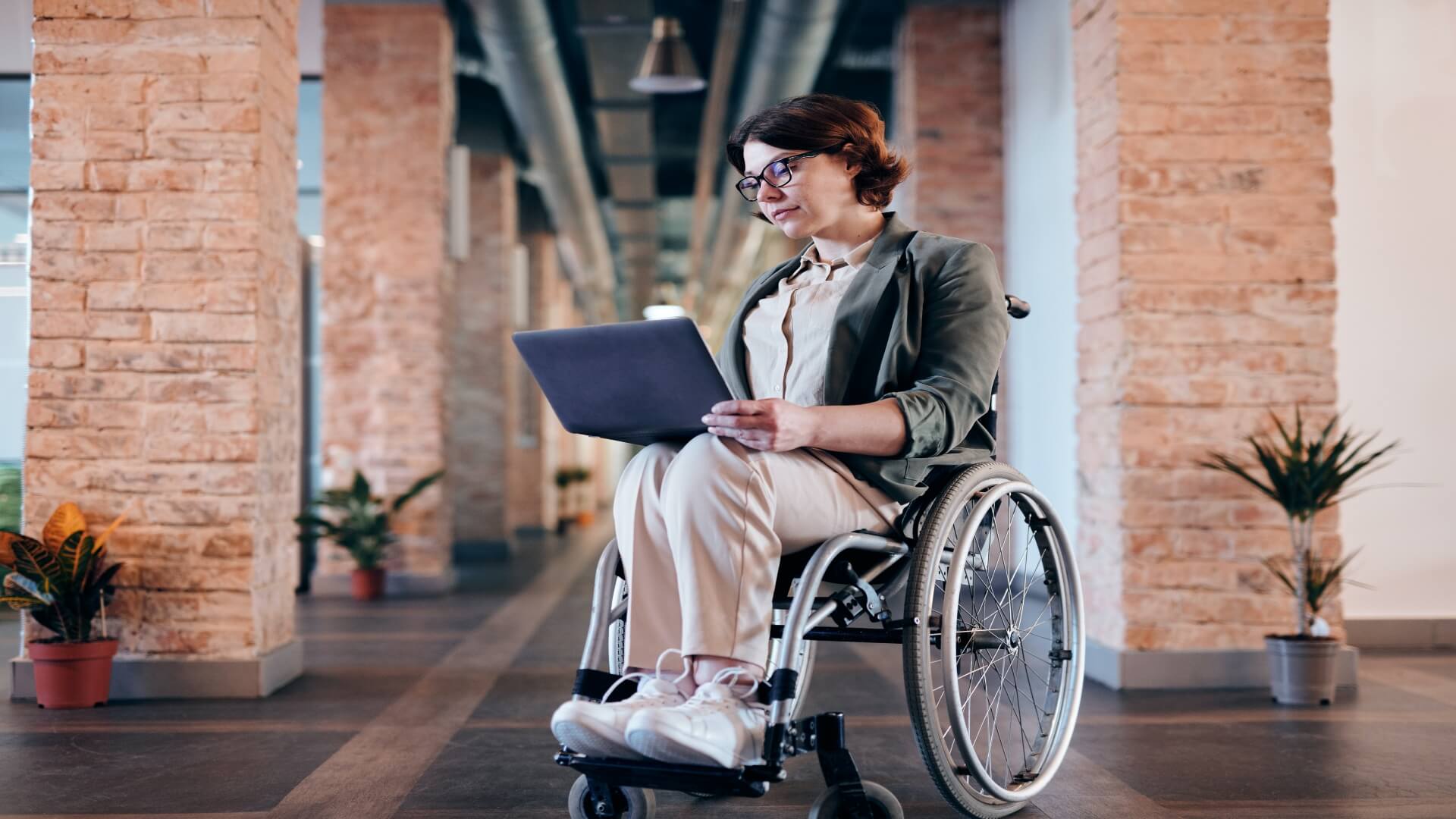Incontinence or lack of bladder control is a condition that many people experience. While it is not considered normal, it is common, especially among the elderly. This condition can be challenging to manage, even for those who have an active lifestyle. However, it can be doubly demanding for those with disabilities, including those who are wheelchair-bound. Imagine being in a wheelchair and needing to empty your bladder; no one is around to help. Another problem is being out of the home, needing to use a toilet, and finding none within proximity. Coupled with incontinence, issues like these can make wheelchair users think twice about leaving the comfort of their homes.
Unfortunately, many people with health conditions and disabilities need to use wheelchairs. Wheelchairs are there to help individuals with mobility issues such as amputations, injuries to the spinal cord, Parkinson’s disease, arthritis, etc. Wheelchairs allow them to move around instead of being confined to the bed, feeling helpless and alone. Still, incontinence can be concerning for wheelchair users who struggle with the condition. Therefore, apart from wearing incontinence pads, they search for effective methods in treating for incontinence to reduce the stress of worrying about incontinence concerns.
While incontinence impacts the quality of life, especially among wheelchair users, a few lifestyle changes can be beneficial. In addition, supportive family members can help a loved one with disabilities enjoy a fulfilling and productive life. The following tips below can assist wheelchair users with incontinence problems.
Create a schedule for toilet trips
Incontinence accidents are less likely to occur when the wheelchair user creates a schedule for toilet trips. For instance, if it becomes routine to visit the bathroom every two to three hours, they may not find the urge to empty their bladder at any given time. This means they should go to the toilet, whether they feel the urge or not.
Do Kegel exercises
Kegel or pelvic muscle exercises strengthen specific muscles that restrain urine leakage. Through regular exercise, wheelchair users have more control over their bladder and can keep their urine longer and prevent leakage accidents.
Practice healthy habits
Smoking and excessive alcohol can contribute to incontinence and worsen the condition. They irritate the bladder and increase urine, making it urgent always to visit the toilet. Smoker’s cough increases pressure on their pelvic muscles, which weakens them and results in incontinence. In addition, too much caffeine can lead to urinary incontinence. Obesity can also cause this condition, so it would help to eat healthy, balanced meals and maintain a healthy weight.
Plan ahead when going out
There is no reason to limit going out and enjoying the company of friends with incontinence. It just takes planning to manage incontinence away from home and prevent accidents. Firstly, find out where the nearest toilet is so you can quickly go when needed. Going to the bathroom before leaving the house can also help reduce the need to visit one while out. Also, it would help not to drink too many fluids before going out to help prevent leakage.
These tips can help wheelchair users maintain a quality lifestyle and enjoy the company of family and friends, while managing their incontinence issues.




















